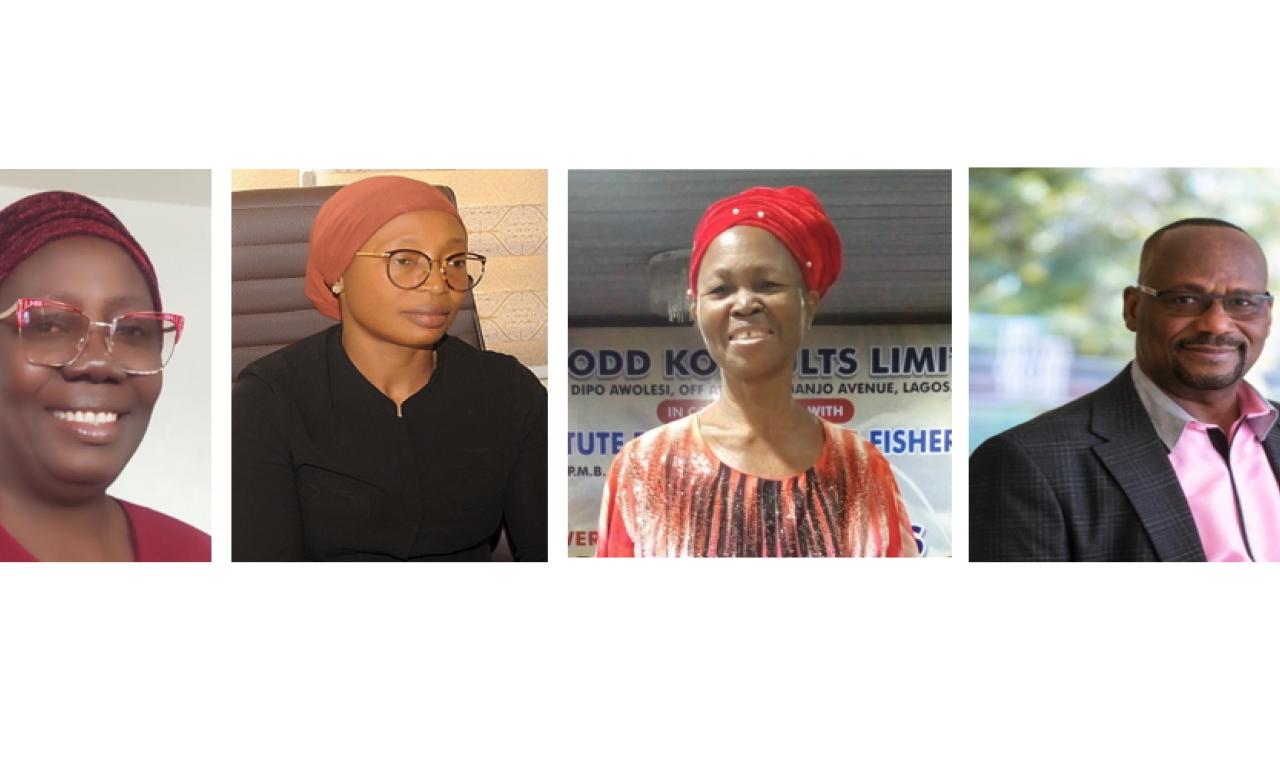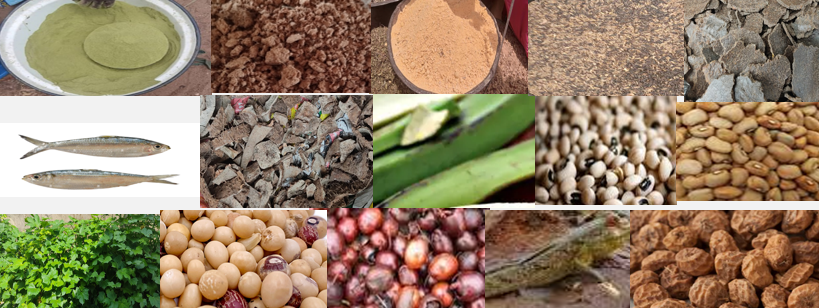
The Development and Scaling of Sustainable Feeds for Resilient Aquatic Food Systems in Sub-Saharan Africa (FASA) project, led by WorldFish and supported by the Norwegian Agency for Development Cooperation (Norad), is making significant strides in Nigeria. By improving access to affordable, sustainable fish feeds, FASA is empowering fish farmers to build more resilient livelihoods, close the gender gap in aquaculture, and contribute to environmental sustainability. Through research-driven innovations and strategic partnerships, the project is helping farmers reduce production costs, and improve food security in a country rated as the second biggest aquaculture producer in Africa after Egypt; with a large fish consuming population.
Decoding Fish Nutrition in Nigeria
Since the launch of FASA, a team of experts in Nigeria—including Prof. Néyidouba Lamien, Dr. Charity Obetta, Dr. Caroline Ayo-Olalusi, and Dr. Ibiyo Lenient Mercy—under the aegis of FASA implementing partner, CORAF, has been working to understand and address the feed challenges fish farmers face. In its second year of implementation, FASA carried out an extensive ingredient study across Nigeria's six geopolitical zones, covering 22 states, the Federal Capital Territory, and reaching 975 respondents across 65 local government areas. The goal was to identify and promote locally available ingredients that can be used to produce affordable, nutritious fish feed suited to Nigeria’s aquatic environment.
A major focus of the project, to date, has been on nutritional studies to determine the specific dietary needs of fish species crucial to Nigeria’s aquaculture sector. Researchers conducted rigorous experiments on hybrid strains of tilapia and catfish to establish the methionine requirements necessary for optimal growth.
Using a completely randomized design in a controlled water recirculation system, they measured the impact of different methionine levels on fish weight gain, specific growth rates, and health profiles. The results revealed that hybrid tilapia requires a higher methionine proportion in their diet, while local strains need approximately 10% less. For catfish, hybrid strains showed a continued growth response up to the highest methionine level tested, suggesting the need for even more refined feed formulations.

Scaling Impact Through Partnerships, Inclusion, and Sustainability
Beyond laboratory research, FASA has emphasized strengthening partnerships with local feed millers, fish farmers, ingredient marketers, and private companies such as Triton Group, Oba Farms, Lawrence Feed mill Ventures, and Abdulsalam Fish Farm, among others. These collaborations ensure that research findings are translated into real-world solutions, making improved fish feeds more accessible and affordable for farmers. Through its work in Nigeria’s agricultural and aquaculture ecosystems, FASA not only uplifts small-scale farmers but also boosts local economies and hopes to reduce reliance on imported fish feeds.
Importantly, FASA places strong emphasis on gender equity, working to ensure that women are equally equipped to participate in and benefit from the growing aquaculture sector. Through targeted training, inclusive engagement strategies, and access to resources, the project aims to bridge traditional gender divides and support women-led innovations in fish farming and feed production.
Environmental sustainability also sits at the heart of FASA’s approach. By promoting the use of locally sourced, climate-smart ingredients and encouraging efficient feed formulations, the project helps to minimize the ecological footprint of aquaculture while enhancing its resilience to climate shocks.
As Nigeria’s fish demand continues to outpace supply, initiatives like FASA are more critical than ever. The FASA intervention not only boosts national fish production but also contributes to achieving food security, economic prosperity, and healthier aquatic ecosystems. With continued support and collaboration, FASA is setting a strong example of how science, partnerships, and community-driven innovation can create lasting change for fish farmers and food systems across Sub-Saharan Africa.
